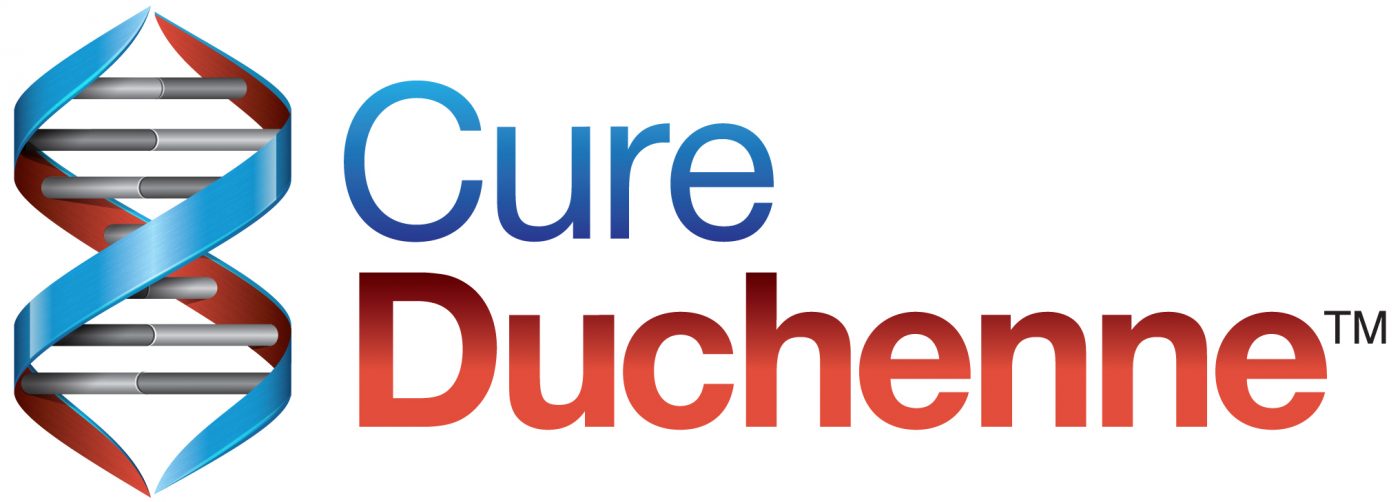Partnering for Cures Conference to Host CureDuchenne and Prosensa Presentation
Written by |

 The national nonprofit organization CureDuchenne and biotechnology company Prosensa Holding, both of which are committed to finding a cure for Duchenne muscular dystrophy (DMD) in different ways, recently presented a collaborative project at the 6th annual Partnering for Cures event. The conference, which is wrapping up today in New York City, gathered about 1,000 medical research leaders, investors, and decision-makers in order to enhance partnerships to accelerate and improve the outcomes from research on the disease.
The national nonprofit organization CureDuchenne and biotechnology company Prosensa Holding, both of which are committed to finding a cure for Duchenne muscular dystrophy (DMD) in different ways, recently presented a collaborative project at the 6th annual Partnering for Cures event. The conference, which is wrapping up today in New York City, gathered about 1,000 medical research leaders, investors, and decision-makers in order to enhance partnerships to accelerate and improve the outcomes from research on the disease.
While CureDuchenne has been dedicated to raising awareness and funds to support research projects working to find a cure for the disease, Prosensa has been focused on RNA-modulating therapeutics for rare diseases with high unmet need, including DMD, which led to a $7 million partnership between the two. The presentation “Accelerating Access to Treatments of Duchenne Muscular Dystrophy,” reported on the project’s success thus far.
“We are proud to participate in Partnering for Cures and share our collaboration with Prosensa,” said the founder and CEO of CureDuchenne, Debra Miller. “Our collaboration with Prosensa is an example of our venture philanthropy to help speed up the drug development process. We are committed to help accelerate access to drug candidates to boys with Duchenne.”
[adrotate group=”3″]
CureDuchenne and Prosensa are among the 30 innovators which were invited to represent cross-sector research collaborations at the event,  which was created to improve informed investments and cultivate relationships. The innovators, which were selected through a competitive proposal process, will be able to present their projects to potential partners and funders. The main purpose of the projects is to reduce time and costs and bring practical medical solutions to patients.
which was created to improve informed investments and cultivate relationships. The innovators, which were selected through a competitive proposal process, will be able to present their projects to potential partners and funders. The main purpose of the projects is to reduce time and costs and bring practical medical solutions to patients.
The event included an outcomes-oriented approach of investor conferences, as well as networking opportunities at industry partnering meetings. In addition, during the conference panels on possible solutions to long-standing challenges in medical research were also featured.
“These collaborations address some of the thorniest issues in medical research using models that can be scaled and translated across diseases,” explained Margaret Anderson, the executive director of the host of the conference, FasterCures. “From re-imagining clinical trial infrastructure to improving and expanding data sharing, to creating the tools and resources needed to translate basic science into cures, they are accelerating the path from lab to market for novel, and needed, therapies.”
More information about this collaborative approach to curing diseases with unmet medical needs collaboratively are available at the PartneringForCures.org website.





